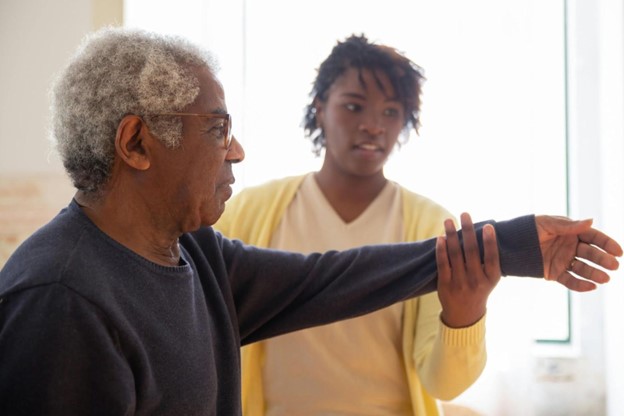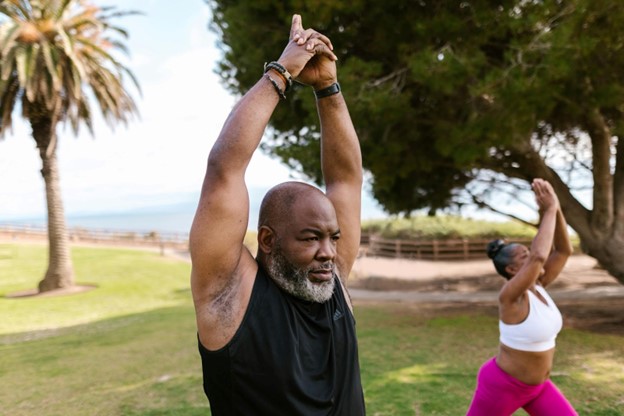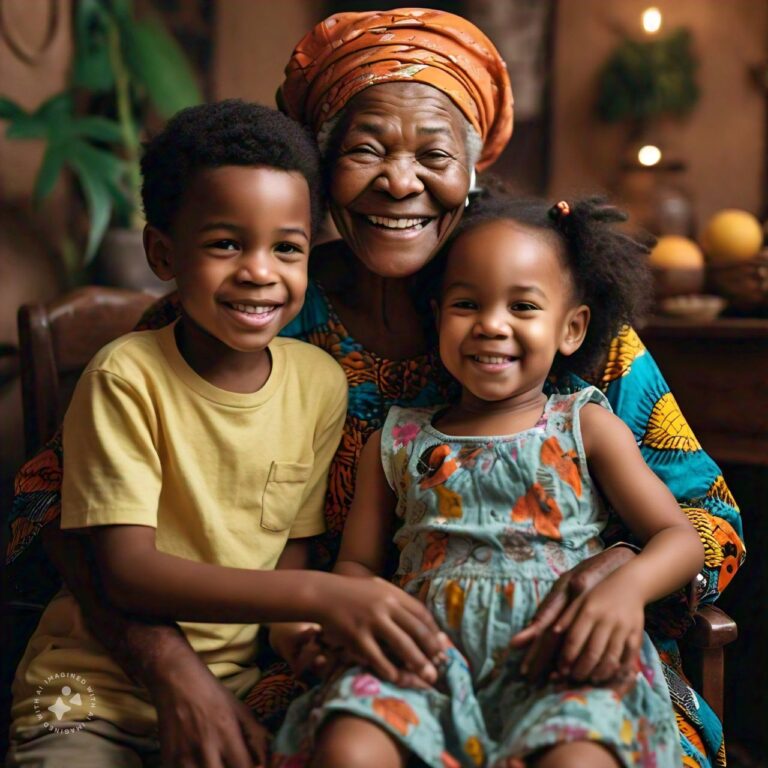
“Rita does not listen to me. Sometimes, she skips my medicines and meals,” Mr. Obiora groaned weakly. “I’m tired. I feel like I’m a burden to her.”
How often do we hear our elders lament about their quality of life? Every day, seniors in Nigeria battle different challenges and unfortunately, some endure varying levels of neglect. Addressing these challenges will allow our elders to live a more dignified and fulfilling life.
In this article, we discuss key ways to improve the quality of life for seniors in Nigeria. However before we delve into it, let’s find out the current challenges that plague seniors.
Challenges Seniors in Nigeria Face
Aging comes with reduced mobility, physical abilities and natural strength. It also comes with some mental health challenges such as feelings of depression and loneliness.
Learn more about these challenges below:
- Limited Access to Healthcare
Access to healthcare is a major concern for seniors in Nigeria. Apart from healthcare visits for critical issues and emergencies, the well-being of elders is rarely taken into careful consideration. Mental health issues are often trivialised. Preventive care and health education for the elderly is not readily available and there are few geriatric doctors or specialists in Nigeria. This increases chances of and severity of chronic conditions and reduces their quality of life. - Minimal Social Interaction
Many times, family members confine seniors to the house, stopping them from working and interacting with others. This lack of social connections affects them emotionally, mentally, and physically, making them vulnerable to a broad spectrum of illnesses. Some seniors might become depressed and even suicidal, leading to self-harm. - Difficulty with Daily Tasks
Seniors are not able to carry out tasks, such as washing, dressing and eating, with the same dexterity as they could when they were younger. They also have difficulty pursuing their interests or engaging in activities they enjoy. As a result, elders need support to allow them to get daily tasks done and thrive. - Lack of Proper Care
Family members are usually not equipped or trained to carry out caregiving duties professionally. For example, they may not know how much water to give an elder, how hygienically to wash them, the types of food their elderly relative should eat etc. Moreover, they may have other immediate priorities and balancing caregiving with those responsibilities can be strenuous and lead to burnout. As a result, elders are not given the best care. In some cases, they are even abused or neglected.
How to Improve the Quality of Life of Seniors

To address these challenges and help our elders enjoy the fulfilling lives they deserve, here are a few solutions we can explore:
- Healthcare Access and Wellness Programs
Access to quality healthcare is paramount for seniors. Establishing sustainable health programs and facilities tailored to the specific needs of seniors is essential across communities, LGAs and states. Sustainable health programs include senior fitness classes, regular health check-ups and preventive care.
Additionally, implementing wellness programs that promote physical activity, mental well-being, and social engagement can also contribute to a healthier senior population. - Social Inclusion
Family members sometimes confine elders to one place, minimising their interaction with others. This is because they fail to realise that our elders have social needs too and crave human connections just as we do. Without these connections, elders feel isolated and lonely.
Social inclusion will help seniors interact and develop meaningful relationships. Community and day centres, functions social clubs, and organised activities tailored to seniors can provide opportunities for socialisation and recreation. Moreover, encouraging elders to relate with younger people can also create a sense of belonging and purpose. - Housing and Long-Term Care Services
Ensuring suitable housing options for seniors, including assisted living facilities and nursing homes, is crucial. Long-term care services that provide personalised assistance with daily activities contribute tremendously to the peace of mind and comfort of seniors. Quality caregiving, accessible medical facilities, and a focus on mental health support in these settings are pivotal in enhancing the overall quality of life of seniors.
Final Thoughts
Improving the quality of life of our seniors is something we must work towards immediately. At @Ìtọ́jú, we are proudly committed to this mission, building and offering a haven where elders can flourish in their golden years.
Our commitment extends beyond physical amenities; we create an environment that fosters joy and fulfilment. Health remains a top priority with regular check-ups conducted by qualified physicians and extensive health insurance coverage. We also have wellness programs and encourage seniors to pursue their interests.
Whether it’s a short term or long-term residential stay, our accommodations reflect a multi-star hotel, complete with private en-suite rooms, ensuring a comfortable living experience.
If you are interested in providing your loved ones with a luxury senior living experience at @Ìtọ́jú, we invite you to download the initial care questionnaire or contact us for more information.



